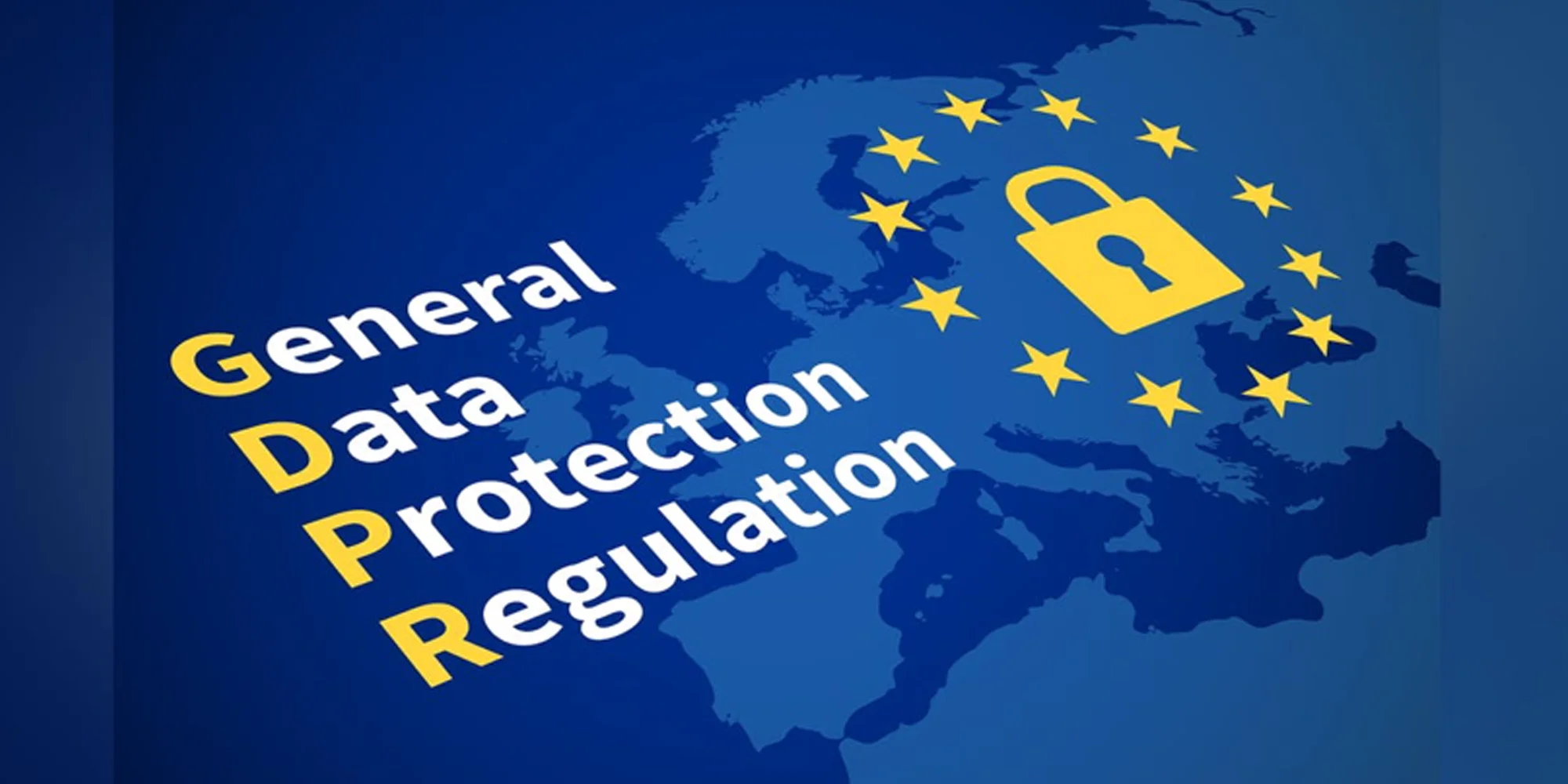Introduction
In May 2018, the General Data Protection Regulation (GDPR) took effect in the European Union. This law was enacted to curb widespread data breaches that exposed personal data, putting the security and trust of citizens at risk. With non-compliance fines exceeding €20 million, the GDPR is perhaps the most strict data privacy protection law in the world.
GDPR provisions apply to all industries as long as a company collects and processes personal data from residents of the European Union. It gives EU residents control of their personal data. Companies that collect such data must do so in accordance with the regulations while respecting the right of data owners to control their data. They must also protect private data from exploitation, misuse, and compromise.
10 Strategies for Boosting GDPR Compliance in Every Industry
Below are 10 easy strategies to help your company become GDPR-compliant in 2024:

1. Conduct a Personal Data Audit
The first strategy that companies can use to ensure GDPR compliance across industries in 2024 is auditing the personal data. The audit should identify the nature of private data the companies hold, the source and who it’s shared with.
GDPR regulations place responsibilities on companies to adhere to data protection principles that include putting in place effective procedures and policies. For example, companies must inform their partners of any data anomalies and inaccuracies they note in the data they share for purposes of making corrections.
2. Document Legal Reasons for Processing Personal Data
Another GDPR compliance strategy is to change corporate data privacy rights based on legal reasons for collecting and processing personal data. For instance, where companies use consent as their legal basis, regulators can demand deletion of the data. To avoid this, identifying and documenting legal reasons for collecting and processing personal data will be critical. Companies must also understand the different kinds of data processing they conduct.
3. Commission a Data Protection Impact Assessment
This assessment helps in identifying and mitigating risks relating to collection and processing of personal data. Understanding the gaps and risks enables you to craft relevant policies and take the right security measures.
4. Review the Privacy Policy
GDPR compliance requires companies to guarantee data owners or subjects of their personal data rights. In 2024, companies can review their privacy policies to ensure that website visitors and customers can:
- Ask them to delete their personal data
- Deny permission to process their data
- Ask and receive all the details a company collect about them
- Rectify and update inaccurate or incomplete information
- Place restrictions on how the company uses their data
- Get a copy of the personal data the company holds and stores
- Ask for information on how the company uses their personal data
5. Review Consent Procedures
GDPR compliance requires companies to be more transparent in the way they collect, process and use personally identifiable information. In 2024, companies can comply with this requirement by reviewing their consent procedure. They can align their procedures to GDPR requirements by demonstrating that they:
- Inform people about collection of personal data in advance
- Give them a valid reason for collecting their data
- Limit data collection to the specified reason
- Seek consent to process data from data owners through opt-ins or check boxes
- Specify the duration of data storage
- Inform their audience of changes to the data collection process
6. Improve Data Security
Under the GDPR compliance requirements, the responsibility to protect private data from exploitation, misuse, and compromise lies with data collectors and processors. In 2024, companies can comply with this requirement by adopting better cybersecurity solutions. These include:
- Protecting networks with VPNs, firewalls and layered approaches
- Securing data through the use of up-to-date antivirus, data backups, encryptions, and tokenization
- Implementing insider risk management tactics like monitoring employees, analyzing user and entity behavior and tracking third-party activities
- Managing access controls through multi-factor authentication, identity management and private access
7. Get a Designated Data Protection Officer (DPO)
Another strategy that will ensure GDPR compliance in the business world is having a designated officer to handle data protection issues within companies. The DPO function can be outsourced or hired in-house to ensure a company complies with the IT requirements in the GDPR. The key roles of a DPO is to create awareness about GDPR requirements, support data protection impact assessments, monitor GDPR compliance, and report risks relating to data breach.
8. Document GDPR Compliance Procedures
Part of GDPR compliance is your ability to demonstrate adherence to the regulation and provide evidence that data processing complies to legal and security requirements. An effective way to do this is to document internal compliance processes, including how you secure personal data. Some of the essential documentation to include in your documentation are:
- Details of data protection officer and controllers
- Descriptions of the administrative and technical data security measures you implement
- Flow of data in your company
- Results of the data protection impact assessment
9. Set Up Data Breach Procedures
Personal data breaches like identity theft that are likely to harm data subjects must be reported as soon as they occur. This GDPR requirement means that companies must establish clear processes of detecting, reporting and probing data breaches. It’s important to note that failing to report data breaches can attract multiple fines under the GDPR.
10. Create GDPR Awareness
Sensitize employees and decision makers about GDPR regulations and data security practices. This awareness can enhance their cooperation and mobilize resources (financial, human resources, and technical) necessary for GDPR compliance. It would also help them to understand the impact of non-compliance to the company.
Conclusion
For many companies, complying with the GDPR can feel overwhelming. But this doesn’t have to be the case. Legal adherence can become easier for your company if you focus on implementing the GDPR compliance practices and strategies discussed above.

